
A CIO responded to an email we sent, stating that because of Broadcom's licensing changes, he is moving everything to an open-source cloud environment. Of course, this is your decision. However, ...
We strongly believe that this move may not deliver the long-term savings and reliability you're aiming for. While an open-source cloud environment, such as OpenStack, CloudStack, Kubernetes, OpenNebula, Proxmox VE, MAAS, Ganeti, Mist.io, Harvester, or Apache Mesos, might seem appealing due to its flexibility and perceived cost savings, it often comes with hidden costs, complexities and risks. When looking at your IT infrastructure holistically, VMware Cloud Foundation (VCF)—a private hybrid cloud solution that operates on-premises and seamlessly extends to the IBM Cloud—is engineered to reduce your total cost of ownership (TCO), mitigate operational risks, and ensure long-term reliability.
Here are five reasons why VCF will not only cut costs but deliver superior operational excellence, guarantee SLAs and KPIs, and enhance overall system reliability.
1. VCF DRIVES CONSISTENT OPERATIONAL EXCELLENCE THROUGH AUTOMATION
Open-source solutions often require significant manual management and ongoing operational oversight, which can lead to increased risk and inconsistent performance.
With VCF:
- Automation: VCF’s automation capabilities allow you to automate provisioning, patching, and scaling across your infrastructure. This automation eliminates human error, reduces downtime, and ensures that your IT operations are consistent, predictable, and reliable.
- Single Pane of Management: VCF provides a unified interface to manage both on-premises and cloud resources, unlike open-source platforms, where tools are often fragmented and require multiple layers of management.
Result: VCF doesn’t just lower operational costs; it guarantees operational excellence by reducing manual interventions and ensuring consistent, reliable performance across your infrastructure.
2. VCF REDUCES RISK AND DOWNTIME, PROTECTING YOUR MISSION-CRITICAL WORKLOADS
Downtime and risks associated with open-source platforms can lead to significant financial and reputational damage. Open-source clouds may require in-house expertise or costly third-party support, making disaster recovery slow and ineffective.
With VCF:
- Enterprise-Grade Availability: VCF ensures high availability with built-in redundancy, failover capabilities, and recovery solutions that minimize downtime.
- 24/7 Enterprise Support: With VCF, you have access to full, round-the-clock support. This is a stark contrast to open-source platforms that rely on community support or require expensive third-party contracts, which don’t guarantee immediate issue resolution.
Result: VCF will reduce your risk profile, minimize downtime, and protect your most valuable assets, ensuring that you can deliver on SLAs and KPIs every time.
3. VCF OPTIMIZES RESOURCES, DRIVING DOWN COSTS WHILE ENHANCING FLEXIBILITY
With open-source clouds, manual resource management often leads to over-provisioning (higher costs) or under-provisioning (performance bottlenecks). Both of these hurt your bottom line and your ability to deliver predictable performance.
With VCF:
- Dynamic Resource Scaling: VCF allows for dynamic scaling, meaning your infrastructure grows or shrinks based on real-time demand. You never pay for excess resources or leave your workloads underpowered.
- Hybrid Cloud Flexibility: VCF’s integration with IBM Cloud gives you the ability to seamlessly scale into the cloud, allowing you to handle peak workloads or offload non-critical tasks without needing to overinvest in on-premises hardware.
Result: VCF ensures consistent, optimized resource utilization, which cuts unnecessary costs while giving you the flexibility to respond to changing business needs.
4. VCF PROVIDES INTEGRATED SECURITY AND COMPLIANCE, REDUCING RISKS AND REGULATORY BURDENS
In an open-source environment, security is often fragmented, with different components requiring custom-built security layers. This increases operational risks and makes maintaining regulatory compliance an ongoing struggle.
With VCF:
- Built-in Security Features: VCF includes micro-segmentation, encryption, and network-level security baked into the platform. This ensures that your infrastructure is protected at all times, without the need to manually configure multiple layers of security.
- Automated Compliance: VCF automates compliance checks and updates to meet industry standards, drastically reducing the risk of compliance failures, data breaches, and penalties.
Result: VCF delivers enterprise-grade security and compliance, lowering your risk of breaches, fines, and disruptions due to regulatory issues—all without the operational burden of manual security management.
5. VCF FUTURE-PROOFS YOUR INFRASTRUCTURE, ELIMINATING COSTLY UPGRADES AND ENSURING CONTINUOUS INNOVATION
One of the biggest hidden costs in open-source environments is the frequent need for manual upgrades, reconfigurations, and migrations as technology evolves. This disrupts operations and adds both labor and risk.
With VCF:
- Automated Lifecycle Management: VCF continuously manages the lifecycle of your infrastructure with automated updates and upgrades. This ensures your system stays current without the need for manual reconfiguration or downtime.
- Continuous Innovation: VCF is constantly evolving, driven by VMware’s extensive R&D investment. This ensures that your infrastructure will always benefit from the latest technologies, from AI-driven automation to advanced security features.
Result: VCF eliminates the operational and financial burden of future upgrades, keeping your infrastructure ahead of the curve without disruption, and ensuring long-term stability and scalability.
CONCLUSION: VCF ENSURES COST REDUCTION, RISK MITIGATION, AND OPERATIONAL EXCELLENCE
When you look at the full picture, VMware Cloud Foundation (VCF) delivers far more than just cost savings. It provides superior operational reliability, consistent delivery on SLAs and KPIs, automated security and compliance, and future-proof infrastructure. By integrating on-premises systems with IBM Cloud, VCF ensures that your business can scale, innovate, and thrive without the operational headaches and long-term costs associated with open-source cloud platforms like OpenStack, Kubernetes, or CloudStack.
Choosing VCF isn’t just about minimizing upfront costs—it’s about delivering sustainable value to your business by reducing operational risks, cutting unnecessary expenses, and guaranteeing reliable, high-performing systems that meet the demands of today’s business environment. VCF will deliver all of these benefits consistently, ensuring your company remains competitive, agile, and resilient.
Related articles that might interest you:
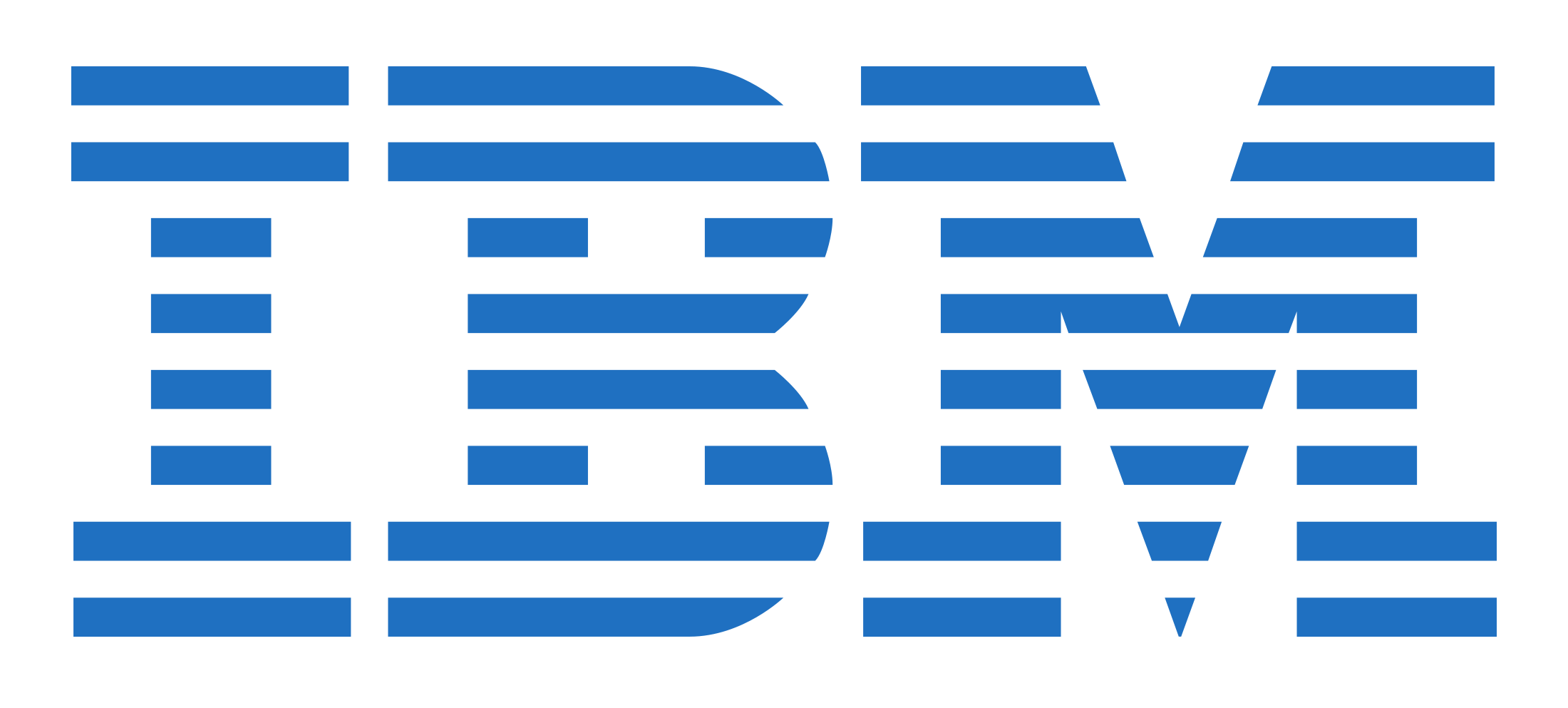


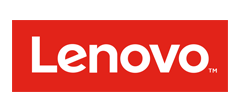


.png)


-1.png)
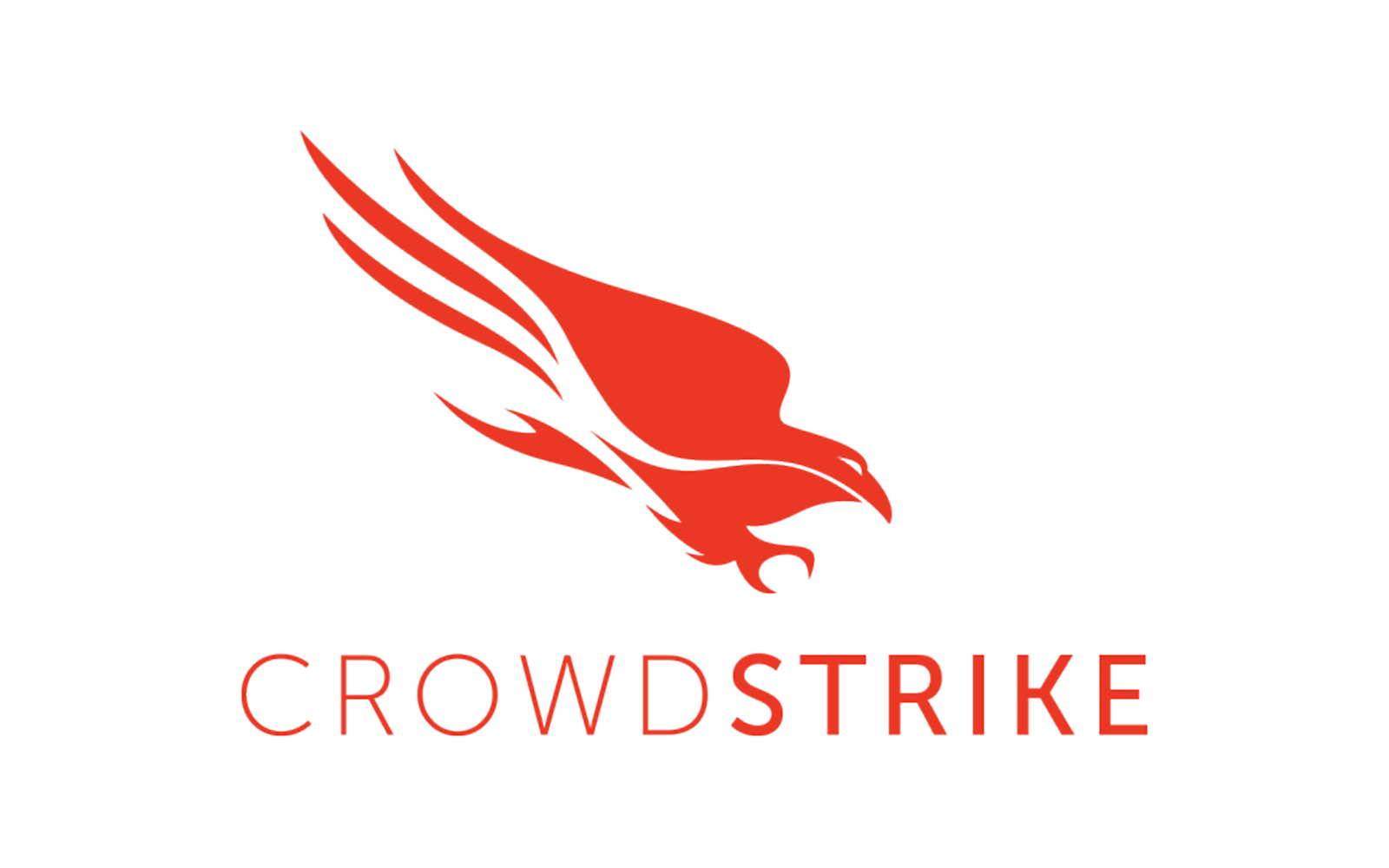
-1.png)


.png)